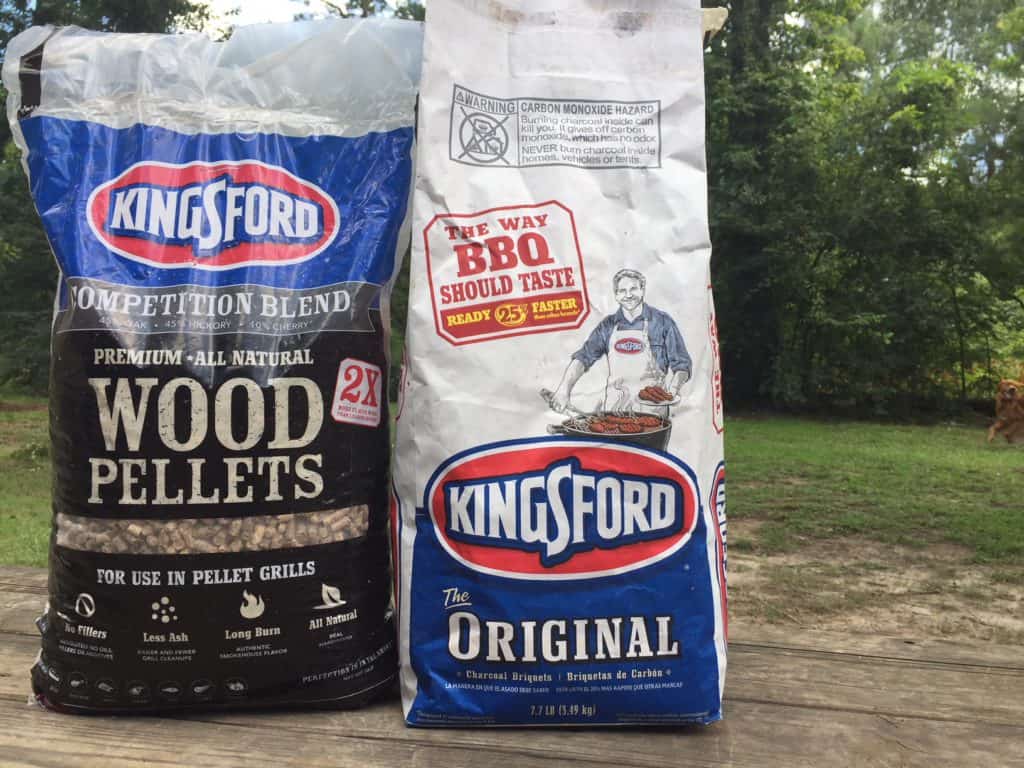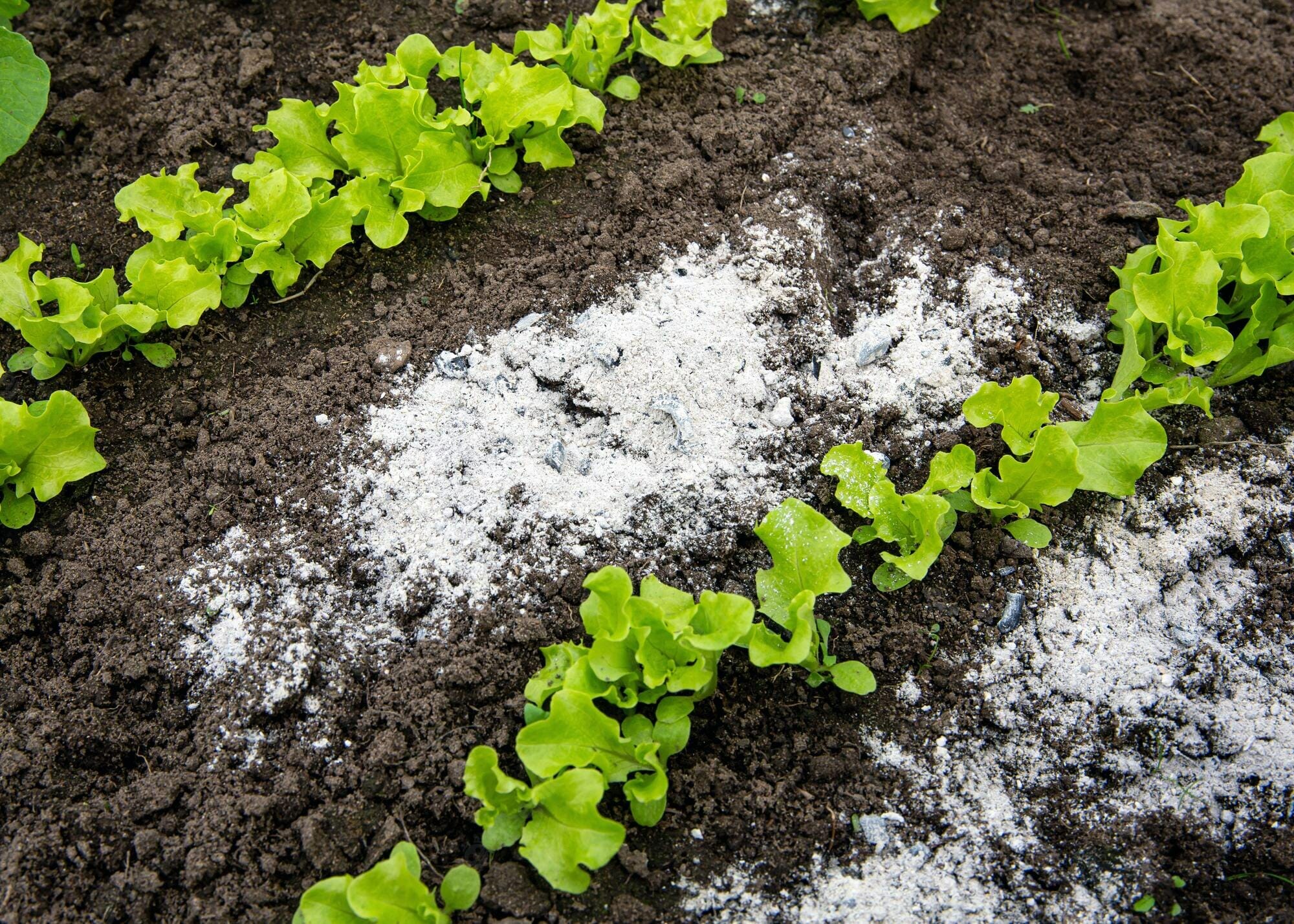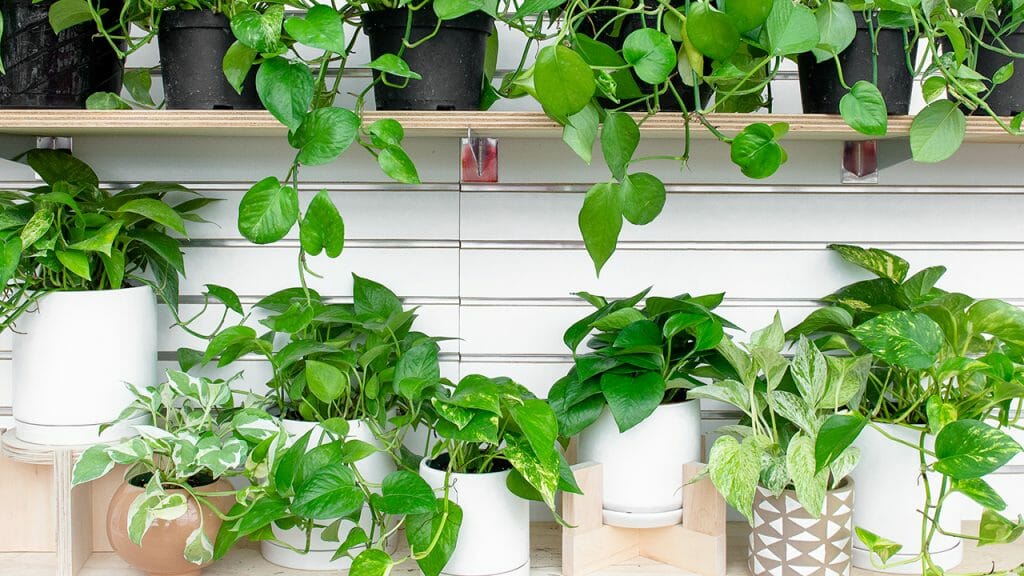Kingsford charcoal ash has long been a debate among gardeners and farmers. Some swear by its benefits for plants, while others caution against using it in the garden. So, what’s the truth? Is Kingsford charcoal ash good for plants?
To answer this question, it’s essential to first understand what charcoal ash is and how it’s produced. Charcoal is made by heating wood or other organic materials in a low-oxygen environment.
This process eliminates water, volatile components, and other undesirable substances to create a dark peculiar material known as charcoal. When ignited, it delivers ash residue—the residual solid element lingering after the fire is extinguished.
So, is Kingsford charcoal ash good for plants? It is an excellent fertilizer for any plants that you need to reduce the Ph for, however, it can be very harmful if not used correctly or on the wrong type of plant.
Is Kingsford Charcoal Ash Good For Plants
Utilizing Kingsford charcoal ash on your plants can be hugely advantageous, as it is composed of high levels of carbon which helps to make the soil more porous. This process increases its ability to retain both water and nutrients, making for an optimal growing environment – especially in soils that are prone to compaction or have inadequate drainage capacity.
If you’re looking to give your plants a healthy boost, consider using Kingsford charcoal ash. It can help in lowering the pH of overly alkaline soils so that they become slightly acidic – which is what most plants prefer! By doing so, it helps them absorb essential nutrients like iron and zinc at a faster rate. Who knew such an easy solution could make all the difference?
Not only can Kingsford charcoal ash improve fertility in the soil, but it may also help to ward off pests and diseases due to its antimicrobial properties. Charcoal ash has been known to inhibit the growth of bacteria and fungi that are detrimental to plants. Gardeners and farmers who have used this method claim that their plant health improved significantly as a result.
Despite this, there is no scientific evidence to back up the claim that charcoal ash can effectively control pests and diseases in plants. Further research must be conducted if we are to confirm its effectiveness.
The Potential Disadvantages of Charcoal Ash
Despite its potential advantages, when using Kingsford charcoal ash on plants, there are some drawbacks to be aware of. If excessive amounts are used it may contain heavy metals and other toxic compounds which can adversely impact the health of your plants. Thus it is essential that you use caution by following the recommended application rates for optimal results and to avoid any risk of harm.
Another possible issue when using Kingsford charcoal ash on plants is that it can have an effect on the availability of key nutrients in the soil. Charcoal ash has a high content of carbon, but its levels for other fundamental elements, such as nitrogen and phosphorus, are very low. These particular nutrients are integral to plant growth, so if not balanced with additional fertilizers then there could be undesirable deficiencies caused by the use of charcoal ash.
DON’T MISS: Is incense ash good for plants?
How to Use Kingsford Charcoal Ash On Your Plants
Charcoal ashes in general, can be a beneficial addition to your garden or farm when used properly. To ensure the best results, it’s important to follow these steps:
- Use only a small amount of charcoal ash on plants at any one time. Too much ash can cause toxicity and nutrient deficiencies in the soil.
- Make sure to mix the ash in with the soil before planting. This will help ensure that the nutrients are evenly distributed throughout the area.
- Monitor your plants closely after applying charcoal ash, and pay attention to any signs of toxicity or nutrient deficiencies.
- Regularly fertilize your plants with a balanced fertilizer to ensure they are getting the nutrients they need to thrive.
How much Charcoal Ash Can I Use In The Garden?
Depending on your garden’s plants, soil composition and other elements, you can choose just how much Kingsford charcoal ash to use for optimal results.
To ensure healthy and efficient growth, it is wise to start with a mild application rate of fertilizer and gradually raise the amount as needed. Keep an eye on your plants’ progress so you can adjust the input accordingly for optimal results!
As a general rule, a good starting point is to apply one cup of ash per 10 square feet.
Are Charcoal Ashes Good For All Plants?
Charcoal ashes can be beneficial for many types of plants, but it may not be suitable for all species. Plants that prefer alkaline soils or are sensitive to changes in pH might not do well with charcoal ash.
Before adding Kingsford charcoal ash, or any other fertilizer for that matter, it is critical to familiarize yourself with the specific needs of your plants. To guarantee an optimum balance in your soil pH, a simple test beforehand can make all the difference!
You MUST understand if you have acidic soil or a more alkaline soil.
With mindful consideration and vigilant observance of results, charcoal ash may prove itself to be quite beneficial when used correctly in many garden settings.
Is Wood Ash The Same As Charcoal Ash?
No, wood ash is not the same as charcoal ash. Wood ash is created when wood is burned and consists of minerals such as calcium, magnesium and potassium, while charcoal ash is mostly carbon-based.
Wood ashes are often awesome for plants since it has several nutrients that can help improve the soil pH, its even great in your vegetable garden! However, one must be mindful when applying this as wood ashes can adjust the soil acidity levels drastically; thus, charcoal ash should be used cautiously and judiciously in appropriate amounts instead of wood ash if you want a safer option for your plants.
Frequently Asked Questions:
Can Kingsford charcoal be used as fertilizer?
Yes, Kingsford charcoal ash can be used as a fertilizer for plants or garden soil that require a lower pH. However, it should be used with caution, as it can contain toxic compounds that may be harmful to plants if applied in large quantities.
Can Kingsford charcoal ash be composted?
Yes, Kingsford charcoal ash can be safely composted. Make sure the carbon content in the ash does not exceed 10%, as too much carbon can cause anaerobic conditions in the compost pile.
Conclusion
In summary, Kingsford charcoal briquettes can be a useful soil amendment for some plants in certain situations. Always be be mindful of the potential risks and to use caution when applying it to the soil.





